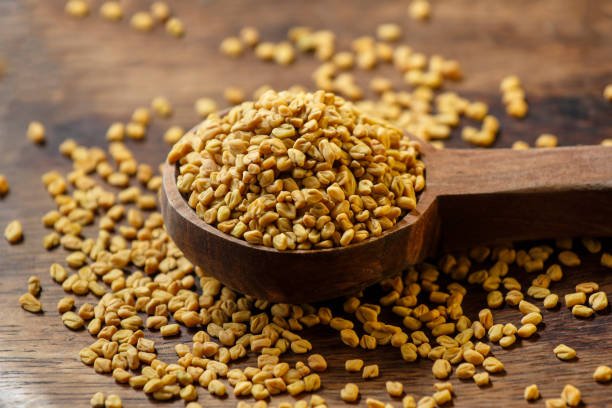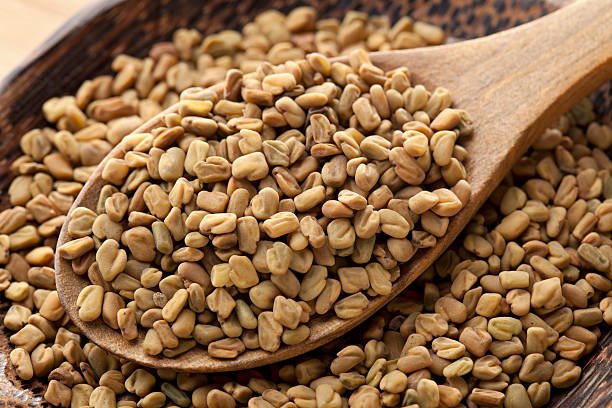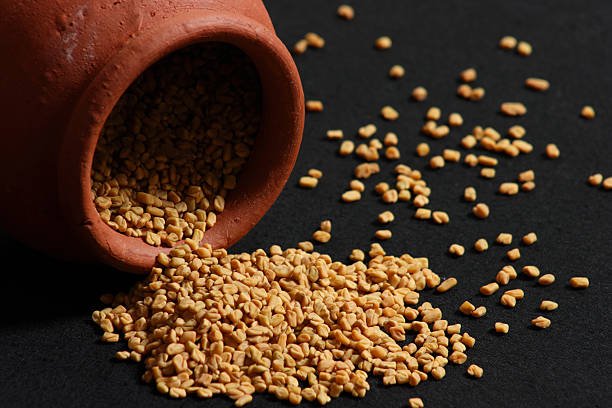Fenugreek
Name
Arabic: Al-Hulba (Fenugreek)
English: Fenugreek (Trigonella foenum-graecum)
Botanical Description
Fenugreek (scientific name: Trigonella foenum-graecum) is an annual herb belonging to the Fabaceae family. It is characterized by:
Erect stems 30-60 cm tall
Tripartite oval-shaped leaves
Small yellow or white flowers
Long pods containing 10-20 seeds
Small, hard yellowish-brown seeds
Strong distinctive aroma
Main Types
Common Fenugreek
Red Fenugreek (with red seeds)
Wild Fenugreek
Health Benefits
Improves Digestion: Treats constipation and indigestion
Regulates Blood Sugar: Lowers blood sugar levels
Increases Milk Production: For breastfeeding mothers
Boosts Immunity: Rich in antioxidants
Relieves Menstrual Pain: Regulates female hormones
Medical Uses
Lowers cholesterol
Healthy weight gain
Treats joint inflammation
Improves skin and hair health
Cultivation Methods
Soil: Fertile, well-drained soil
Light: Full sun
Watering: Moderate (every 3-4 days)
Propagation: Direct seeding
Planting Season: September to November
Medicinal Parts
Seeds (main part)
Leaves (in some treatments)
Powder
Active Compounds
Alkaloids (trigonelline)
Steroidal saponins
Dietary fiber
Proteins (30% of its composition)
Minerals (iron, magnesium, manganese)
Export details to all parts of the world
Fenugreek grains for export
Drying: Natural sun drying and
industrial drying
Packaging: Bags
Package Weight: 20 kg
Container: 20-foot container
Sorting and Packing: Automate







